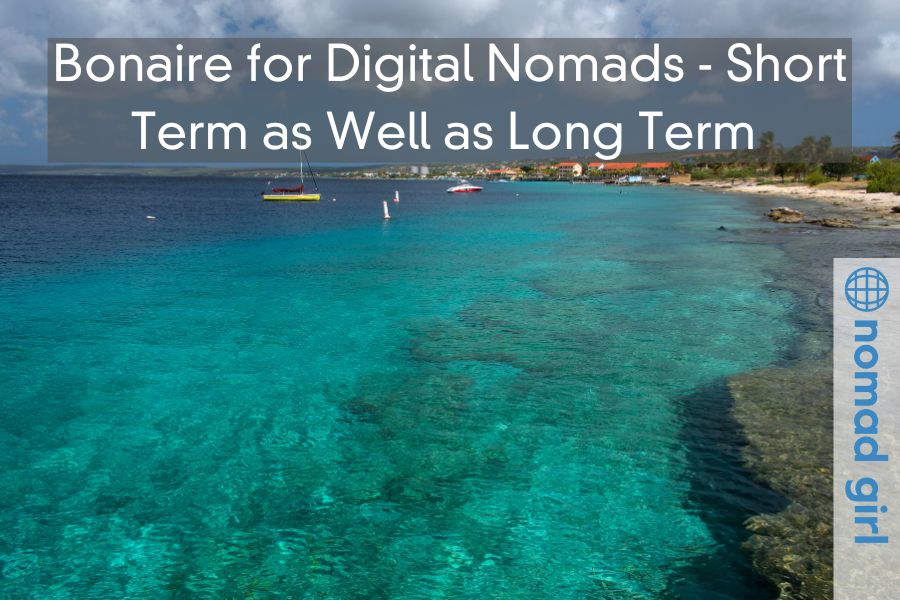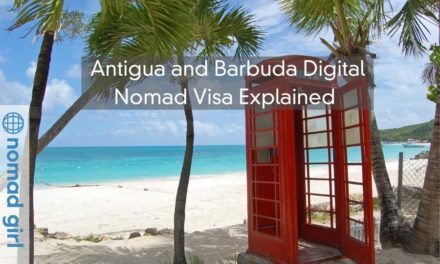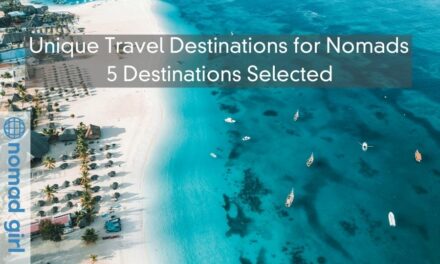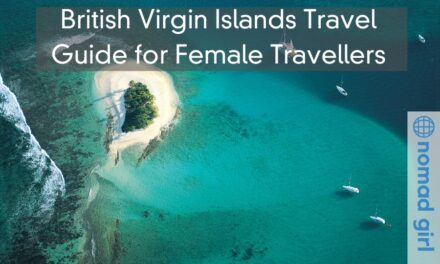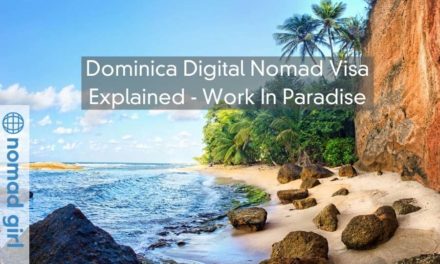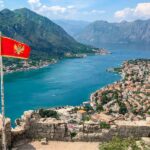Bonaire, a hidden gem in the Caribbean, offers a unique blend of natural beauty, cultural richness, and a welcoming atmosphere. As a special municipality within the Kingdom of the Netherlands, Bonaire boasts a fascinating history, a diverse linguistic landscape, and easy accessibility, making it an ideal destination for both short-term vacations and long-term stays for digital nomads.
Bonaire – An Island Paradise with a Rich History
The island is situated in the southern Caribbean, and is renowned for its stunning coral reefs, crystal-clear waters, and vibrant marine life. Originally inhabited by the Caquetio people, the island later became part of the Netherlands in the 17th century. The influence of Dutch colonization is evident in the architecture and culture of Bonaire.
The official languages spoken on the island are Dutch and Papiamento, a creole language that developed from interactions between the locals and the Dutch. The multilingual environment reflects the diverse history and heritage of Bonaire.
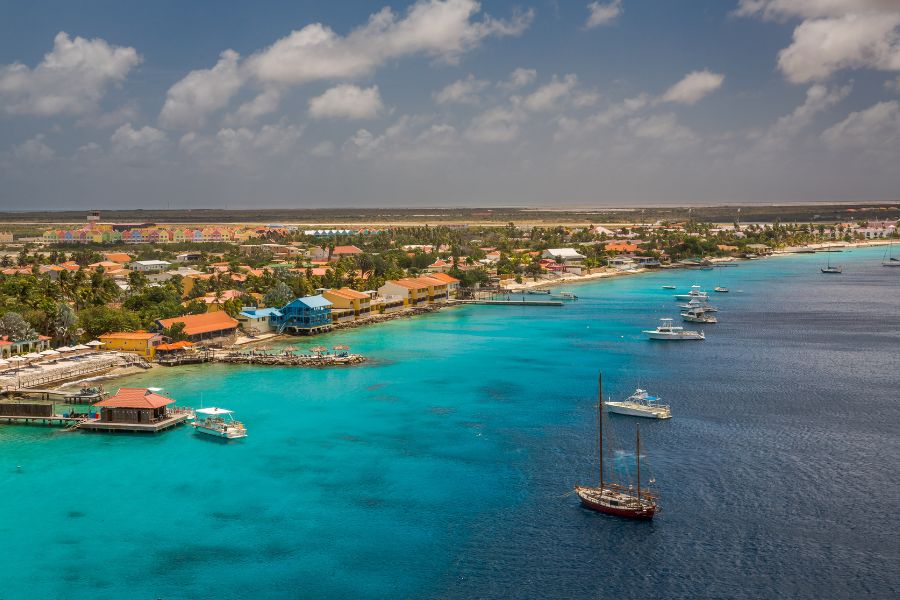
Accessing this tropical paradise is convenient, with regular flights from major international airports and the option of arriving by boat. The accessibility makes it a popular destination not only for tourists but also for digital nomads seeking a unique blend of work and leisure.
Tourist Influx in Bonaire
In 2021, Bonaire witnessed a significant influx of tourists, with Dutch visitors comprising the majority of air arrivals. Dutch tourists, constituting 71 percent of travellers by air, were drawn to the island’s natural beauty, water activities, and cultural experiences. Among the Dutch tourists, 55 percent came directly from the Netherlands, while 15 percent hailed from the Dutch Caribbean islands.
Beyond the Dutch, the United States contributed a substantial number of tourists, highlighting the global appeal of Bonaire. This diverse mix of visitors creates a vibrant atmosphere and contributes to the island’s popularity as a tourist destination.
Digital Nomads
Bonaire is not only a haven for traditional tourists but has also become increasingly popular among digital nomads seeking a remote work destination. The island’s serene environment, reliable internet connectivity, and a growing community of like-minded individuals make it an attractive choice for those looking to combine work and travel.
Why Bonaire Benefits Short-Term Digital Nomads
Cost of Living and Accommodation Options
One of the key advantages of holidaying in Bonaire in the short term is the favourable cost of living. Compared to many other Caribbean destinations, Bonaire offers a balance between affordability and quality of life. Digital nomads can find a range of accommodation options, from budget-friendly hotels to luxurious villas in Bonaire.
For those on a tighter budget, options like the Divi Flamingo Beach Resort and Buddy Dive Resort offer affordable yet comfortable stays. On the other end of the spectrum, for those seeking a more luxurious experience, Harbour Village Beach Club and Bellafonte Luxury Oceanfront Hotel provide high-end accommodations with stunning views.
Cost of Travel and Activities
Bonaire is relatively easy on the wallet when it comes to travel costs. Local transportation, dining, and activities are reasonably priced, allowing digital nomads to explore the island without breaking the bank. Snorkelling and diving enthusiasts can indulge in the island’s rich underwater world, while nature lovers can explore the Washington Slagbaai National Park.
The island’s compact size also means that transportation costs are manageable, and exploring various attractions is convenient.

Why Bonaire Benefits Long-term Digital Nomads
Digital Nomad Community and Accommodation Choices
In the long term, Bonaire’s appeal to digital nomads goes beyond its natural beauty. The island has a growing community of remote workers who share a love for the laid-back lifestyle and the opportunity to connect with like-minded individuals.
For those planning an extended stay, budget-friendly accommodation options like Happy Holiday Homes or Terramar Apartments provide a sense of community and comfort. These hostels cater specifically to digital nomads, fostering a supportive environment for remote work.
Cost of Living and Lifestyle
Compared to the United States, the cost of living in Bonaire is relatively lower, making it an attractive destination for digital nomads looking to maximize their savings while enjoying a high quality of life. Groceries, dining, and recreational activities are affordable, allowing long-term visitors to create a sustainable and enjoyable lifestyle.
The relaxed pace of life on the island also contributes to the appeal for digital nomads seeking a break from the hustle and bustle of urban living. Bonaire offers a perfect balance between work and leisure, allowing individuals to immerse themselves in nature and outdoor activities during their free time.
Best Beaches and Visa Requirements
For those planning an extended stay, Bonaire’s beaches become an integral part of everyday life. Bachelor’s Beach, Te Amo Beach, and Sorobon Beach are just a few examples of picturesque shorelines that residents can enjoy year-round. The tranquil atmosphere and clear waters make these beaches ideal for relaxation and recreation.
In terms of visa requirements, Bonaire offers a relatively straightforward process for digital nomads. While specific details may vary, generally, visitors are allowed to stay for up to 90 days without a visa in Bonaire. For those planning a more extended stay, obtaining a residence permit becomes a viable option, allowing digital nomads to make Bonaire their temporary home.
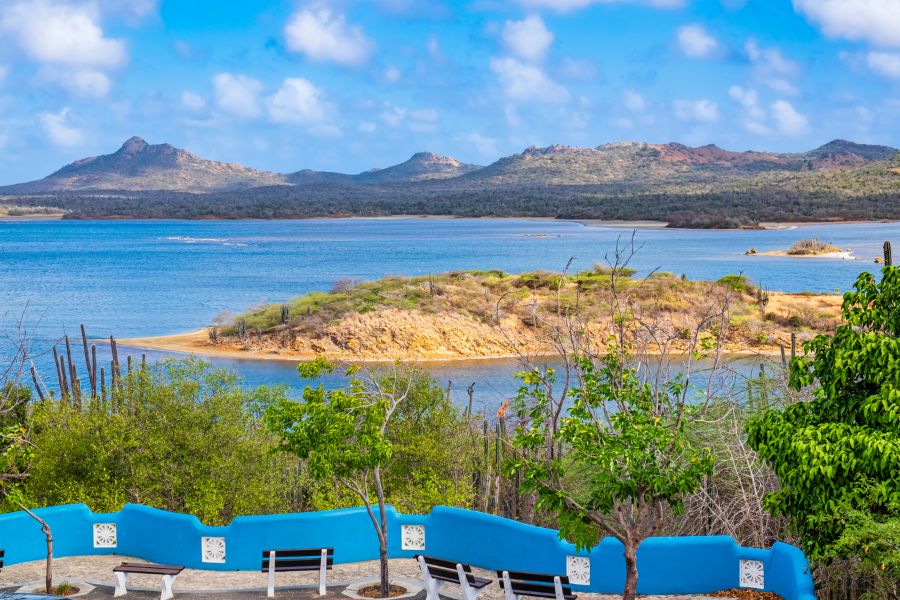
Conclusion
Bonaire’s unique blend of natural beauty, cultural richness, and welcoming atmosphere make it an ideal destination for both short-term holidays and long-term stays for digital nomads.
The island’s accessibility, diverse linguistic landscape, and popularity among both traditional tourists and remote workers create a vibrant and inclusive community. Whether you seek a temporary escape or a prolonged workation, Bonaire beckons with its turquoise waters, friendly locals, and the promise of a life where work seamlessly intertwines with leisure.
If you liked this article and are keen on the digital nomad lifestyle then take a look at our article on 5 best tips for working while on holiday by Mia Frawley.


